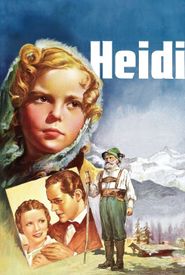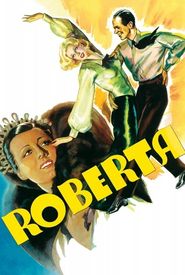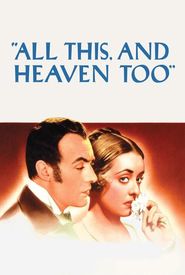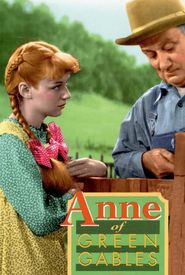Helen Westley's on-screen presence was a force to be reckoned with, as she effortlessly embodied a range of unpleasant characters. Her stern demeanor and hawk-like gaze could freeze anyone in their tracks, while her characters' unsolicited advice and overbearing nature often made them a major pain to the film's star.
Born on March 28, 1875, in Brooklyn, Helen began her acting career on stage at the age of 18, performing in a one-act comedy skit called "The Captain of the Nonesuch." She co-founded the Greenwich Square Players and the Washington Square Players, which later merged to form the Theatre Guild, where she served as one of six managing directors.
Throughout her career, Helen appeared in numerous Broadway productions, including classics such as Chekhov's "The Seagull," "Heartbreak House," "Liliom," and "Peer Gynt." Her impressive repertoire also included "The Adding Machine," "The Guardsman," "Caesar and Cleopatra," "The Doctor's Dilemma," "Strange Interlude," "Faust," "The Apple Cart," "Green Grow the Lilacs," and "They Shall Not Die."
At the age of 60, Helen transitioned to film, where she continued to portray her signature brand of unpleasant characters. Her notable roles included Granny Mingott in "The Age of Innocence," the designer title character in "Roberta," the manipulative mother in "Splendor," the harridan-like Parthy Hawkes in "Show Boat," and the cackling grandmaw in "Banjo on My Knee." She also appeared as authority figures in films like "Anne of Green Gables" and "Rebecca of Sunnybrook Farm," where she played opposite Shirley Temple.
Helen remained a vital character presence on the big screen until her death at the age of 67 in 1942. She was married to John Westley from 1900 to 1912 and had one daughter.





















































